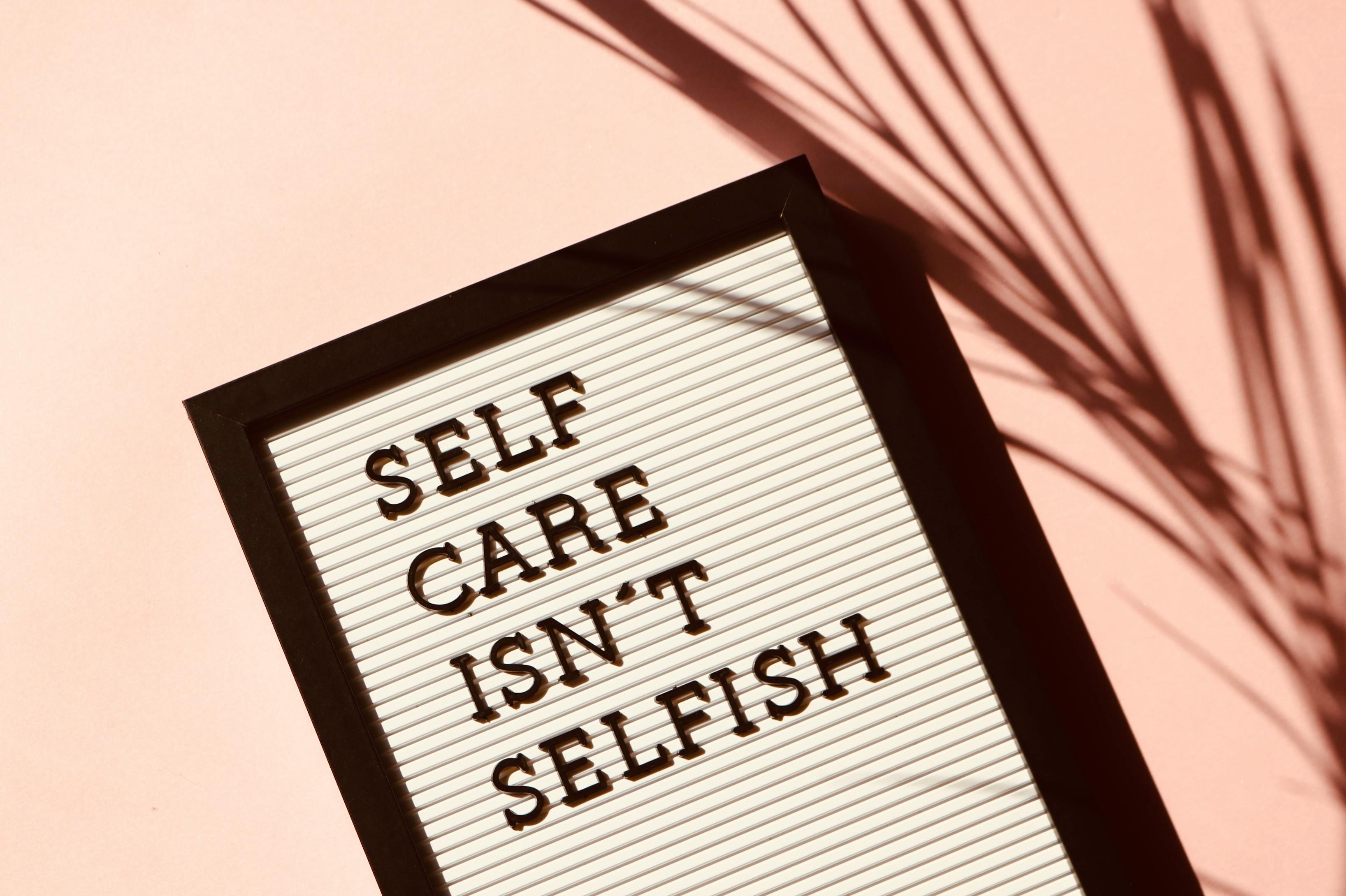Why is self-care important for mental health?
Self-care is important for mental health because it helps individuals prioritize their well-being, reduce stress, prevent burnout, and build resilience. Engaging in regular self-care activities can promote emotional balance, improve mood, and enhance overall mental well-being.


